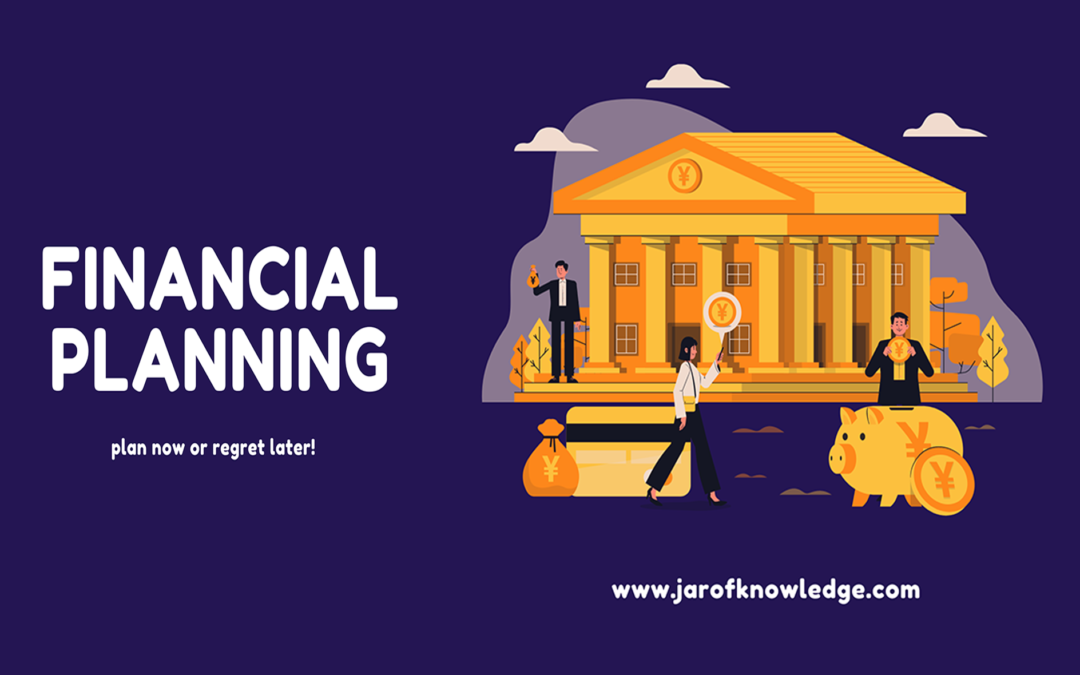Top 6 tips for Setting up Financial Goals
Establishing a budget is the main aspect of managing your finances and achieving financial objectives. An expense tracking tool, this plan summarizes how you will distribute money across different areas. By creating a budget, you can gain better insight into your economic standing and identify ways to reduce casual spending while setting aside funds for the future.
A)Track your spending habits.
Developing your fiscal awareness is one of the primary rewards you gain from budgeting. Bringing attention to where your money goes each month forces you to make more sensible decisions. Many are taken aback when they realize how much excessive spending they do. When you become more mindful of your price patterns. It’s like having a fresh set of eyes on all potential purchases—helping ensure that every penny counts!
B) Set Financial Goals
Establishing financial objectives with a budget gives you an edge. After understanding where your money is going, you will be able to set achievable goals for yourself such as paying off credit card debt or saving for retirement or a down payment on a home. Defining these goals can assure you that your finances are headed in the right direction and motivate you to succeed in managing them responsibly.
C) 50/30/20 Rule
Developing a budget can be intimidating, but there are plenty of fantastic resources available to help you. The 50/30/20 rule is one popular method; under this guideline, fifty percent of your income should go towards essential expenses. Thirty percent for wants, and the remaining twenty for debt repayment or savings. This could act as an effective starting point. Yet keep in mind that it may need adjustment based on individual financial circumstances!
D) The Envelope System
Budgeting has never been simpler with the envelope technique! All you have to do is separate your cash into different envelopes, each labeled for a specific need – rent, groceries, entertainment, or whatever else. The moment that particular envelope runs out of money so does your allowance in that category. It’s an uncomplicated and practical way to limit overspending quickly! To keep track of your expenses and construct a budget. You have the option of using various software programs and financial applications. PocketGuard, YNAB (You Need A Budget), and Mint are among the most popular choices available. These apps enable you to categorize your expenditures, create a budget plan that works for you as well as connect all your bank accounts and credit cards in one place.
E) Establish an Emergency Fund
Managing your finances can go beyond just budgeting. Establishing an emergency fund is a crucial step that should not be overlooked. This savings account serves as the perfect cushion for any unexpected costs, such as medical expenses or auto repair bills. By having this safeguard in place, you can rest assured knowing you won’t have to take on extra debt when faced with unanticipated needs. Something we could all use a bit of relief from!
F) Pay Off High-Interest Debt
It’s essential to prioritize paying off high-interest debt, such as credit cards. This will drastically lower how much money you’ll need to pay in interest and accelerate your repayment process. Additionally, you must frequently check over your budget and make any necessary modifications. You must review your finances regularly since both our economic situation and aspirations can evolve. This way, we can be certain our plans are still suitable for us!
Conclusion :
Taking charge of your finances and achieving your financial goals has never been easier with a budget! You can gain insight into your spending habits, and set practical principles. Get started quickly using different apps or the 50/30/20 rule. Take it one step further by investing in an emergency fund and paying off any high-interest debt.
Establishing a budget is one of the most vital steps in attaining financial stability. It allows you to gain insight into where your hard-earned money goes. And how it can be used more efficiently to meet your goals. With user-friendly tools such as online budget management software or mobile apps, making an individualized budget plan has never been simpler! You can take charge of your spending and increase more savings for the future by fixing a simple yet effective budget plan that caters to your specific goals and circumstances. Being consistent is key. Regularly analyzing and adjusting your financial habits to what’s appropriate for you ensure both short-term and long-term objectives are accomplished with ease.

